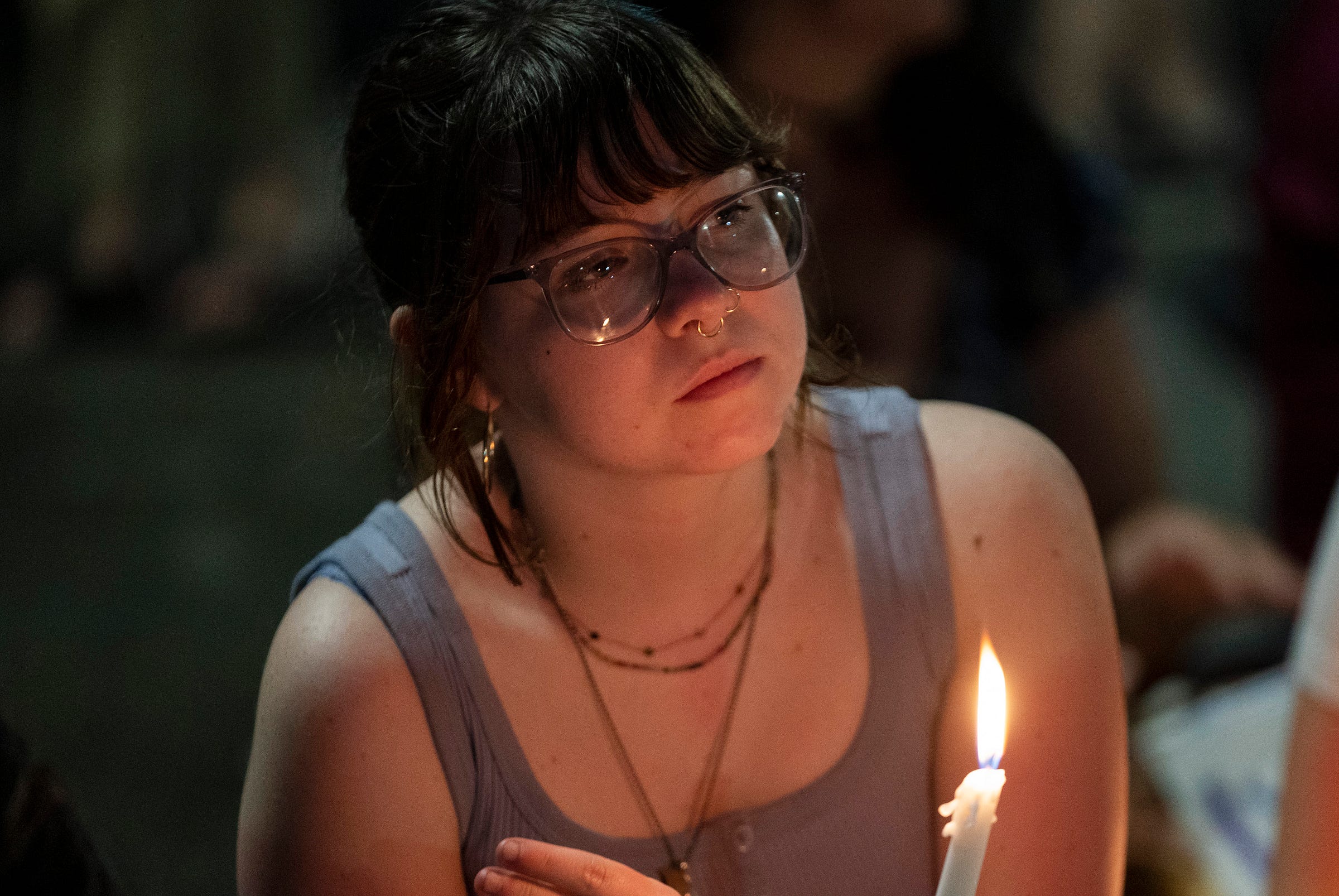Unsettling Advent 2024, Day 12
“Why has this happened to me, that the mother of my Lord comes to me? For as soon as I heard the sound of your greeting, the child in my womb leapt for joy. And blessed is she who believed that there would be a fulfilment of what was spoken to her by the Lord.’” (Luke 1:43-45)
Mary wasted no time. As soon as she received word, she gathered her things and began the journey from her home in Nazareth to her cousin Elizabeth’s home in Ein Karem. It would take a week to walk that far, and most of the terrain was uphill. It was a dangerous journey, especially for a young, poor, unmarried, brown girl. And yet, Mary took the risk. Faced with an unplanned pregnancy that was both divine and disruptive, she knew the promise held within her womb would not shield her from societal scorn.
Where was her mother?
It’s odd that no support for Mary is mentioned in the text beyond her baffled betrothed. Perhaps this is why the angel begins by telling Mary not to be afraid. Perhaps this is also the reason she hurries to Elizabeth’s home when she learns that she, too, is with child. Pregnancy is not the prayer of an unmarried woman in antiquity, and if pregnancy had ever been the prayer of Elizabeth, she’d stopped praying that prayer long ago.
Both women carried babies only made possible by the orchestration of God. Not solely their wombs, but their entire beings were needed to bring these miracles to pass, and God trusted these women with their bodies and these sacred births. God trusted them to know what was best. The unspoken miracle of this story is that everyone survived. Neither the fruit of their wombs nor the agency of their bodies were discarded.

Mary and Elizabeth navigated their tumultuous circumstances just as today’s birthing women, especially those in vulnerable situations, continue to navigate dangers that threaten their wellbeing and the lives of their children. May there again come a day when young girls facing the hopes and the horrors of unexpected pregnancies won’t have to flee home to be safe and supported.
May there again come a day when families confronted with high-risk pregnancies are free to make the best decisions for their families with their doctors and their God.
In this text, not only does God bless the womb, God blesses the women too. May we, as a nation, once again trust women to care for their whole and holy bodies, whether they choose to birth children or not, without interference and without fear.
May it be so. Amen.
Rev. Traci Blackmon is former associate general minister of justice & local church ministries for The United Church of Christ.

